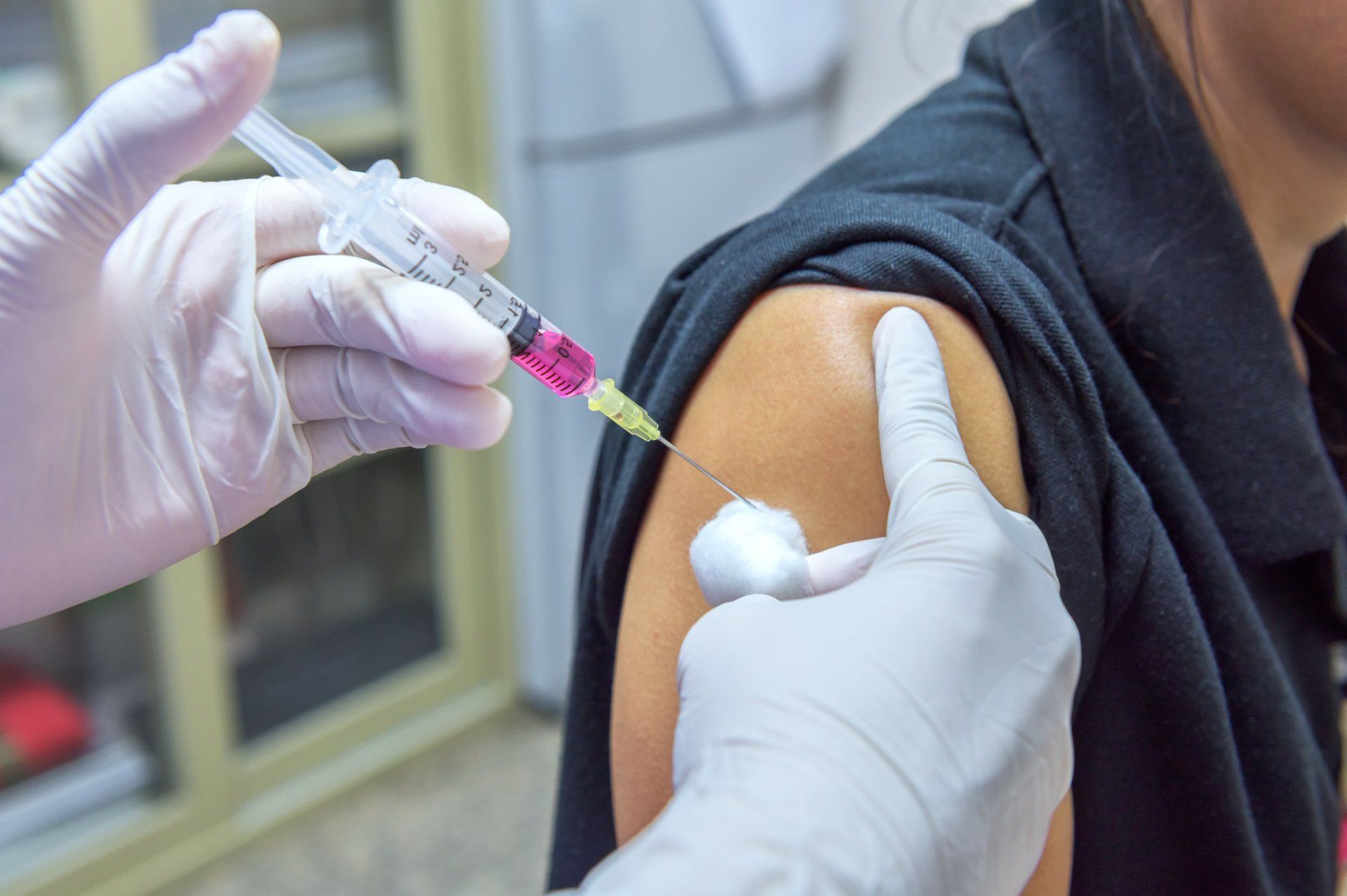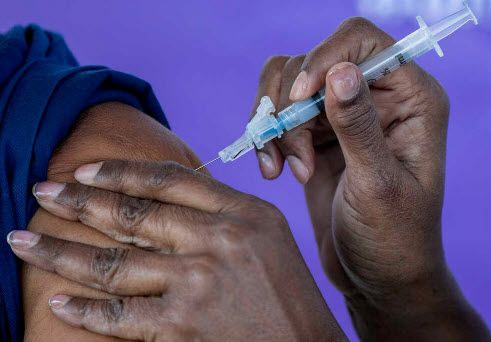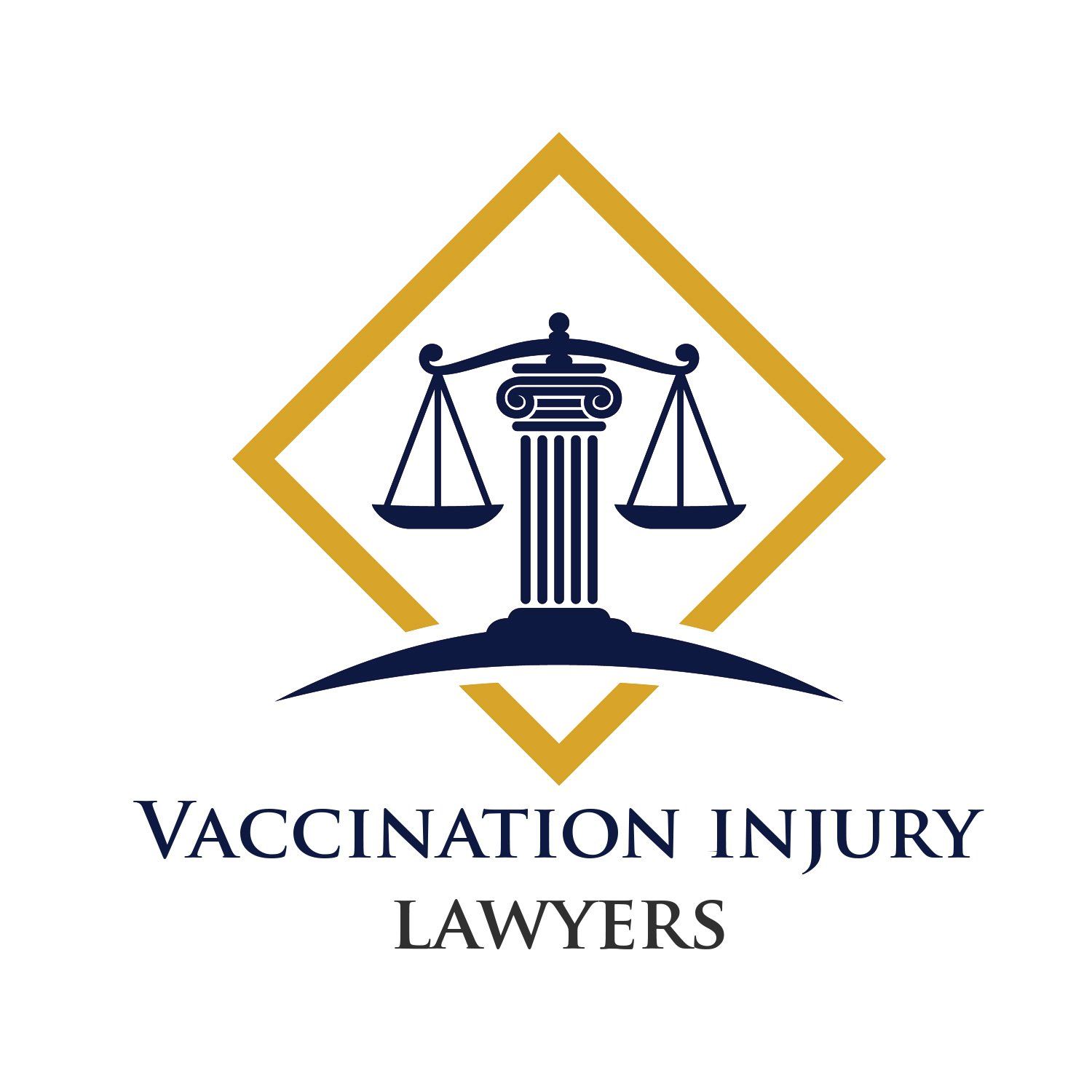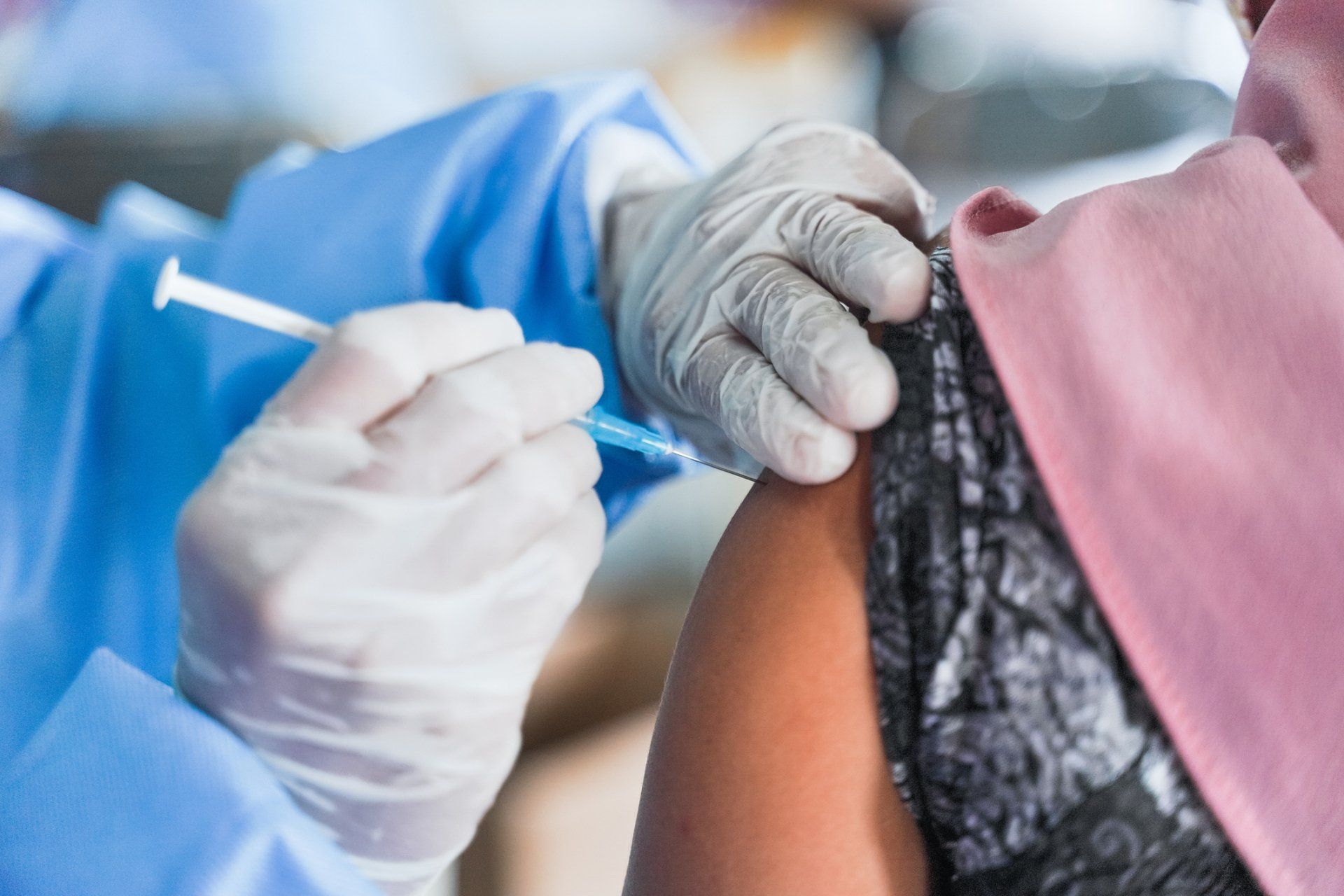5 Facts About the National Vaccine Injury Compensation Program
April 27, 2019

The National Vaccine Injury Compensation Program (VICP) is a government-run and funded program that is designed to pay compensation to people who have suffered from vaccine injuries or lost a loved one due to vaccine injuries. The program has been around for over 30 years, and it pays out claims every year. To learn more, check out these essential facts.
1. Ronald Reagan Created the National VICP
In 1986, Ronald Reagan signed the National Childhood Vaccine Injury Act (NCVIA) into law, and this law created the VICP. The VICP protects the pharmaceutical company from liability related to vaccines. If someone suffers from a vaccine injury, they can't bring a lawsuit against the manufacturer. Instead, they must make a claim to the government, and then, they may receive compensation through this program.
2. The VICP Has Paid $3.9 Billion in Compensation
Since its founding several decades ago, the VICP has paid out $3.9 billion
in settlements. Over 17,000 petitions have been evaluated, and over 6,000 people have won compensation for vaccine injuries and death. However, the government is very reluctant to admit fault on behalf of the vaccine manufacturers.
According to the Department of Health and Human Services (HHS), 80% of the compensation that has been awarded has come through negotiations, and HHS has not admitted that the vaccines were responsible for injuries in these situations.
The highest number of settlements have been awarded in cases involving the influenza vaccine, but this may also be related to the fact that more doses of this particular vaccine are distributed every year. While many other vaccines are only recommended to be received once in a lifetime or once every ten years, the influenza vaccine is supposed to be received annually.
3. The VICP Applies Only to Certain Vaccines
Not all vaccines are covered by the VICP. However, in most cases, the vaccines you are likely to have received are covered. In particular, the VICP covers all recommended vaccines for children and adults. The list includes Hepatitis A and Hepatitis B, Meningococcal, Measles, HPV, Influenza, and several other types of vaccines.
4. The VICP Was Created in the Wake of Numerous DPT Settlements
In the 1970s and 1980s, many people suffered vaccine injuries related to the diphtheria, pertussis, and tetanus (DPT) vaccine. Many of these injured individuals were able to successfully bring lawsuits against the vaccine manufacturers. Although the government hasn't officially acknowledged error, these families won settlements in court, indicating that indeed there was a connection between this vaccine and the injuries that ensued.
In the wake of these lawsuits, many pharmaceutical companies shied away from making the DPT vaccination. At one point, only a single company was making the vaccine. The government was worried about accessibility and potential public health issues, so they decided to create the VICP to protect the pharmaceutical companies and to encourage them to keep making vaccines.
5. The VICP Has Compensated Families for Nearly 400 Deaths
By 2011, the VICP had paid out compensation to 390 families for the death of a loved one following a vaccine. At that time, the program capped the award for wrongful death at $250,000. If you have lost a loved one due to a vaccine injury, no amount of money can bring them back, but compensation can help to cover costs such as final medical expenses, funeral fees, and time off work or help around the home while you grieve.
Don't deal with the VICP on your own. Instead, contact a lawyer who has experience with these types of cases and who can help you navigate the process. To learn more, contact
our vaccine injury lawyers today.
You may have heard that Autism Spectrum Disorder can result from vaccinations. Read this blog to learn where this myth came from and why it's incorrect.
If you're expecting a child or planning a pregnancy, you may be wondering if and why the COVID-19 vaccine may be recommended. Read to learn all about it.
Even though vaccines are effective, some are reluctant to get vaccinated. Learn the facts about vaccination and how it protects communities.

Shoulder injuries following all types of vaccinations are becoming more common as vaccination numbers remain high. Inflammation of the injected shoulder can cause severe pain, limited motion, and other symptoms that last months or years. Sometimes, surgery is even required. Compensation for these specific injuries is available. For a more in-depth analysis of what a SIRVA is and how it occurs, check out the following article. Click Here .
With technology taking center stage in the medical industry, vaccines help to protect billions. Learn about the common vaccine types in existence today.
Every year, a percentage of individuals develop Guillain-Barré Syndrome (GBS) after getting the flu vaccine. Learn about this illness and its vaccine link.
Some parents question if the shot is worth it and safe. Read on to learn about chickenpox vaccine safety and what to do in case of side effects.



